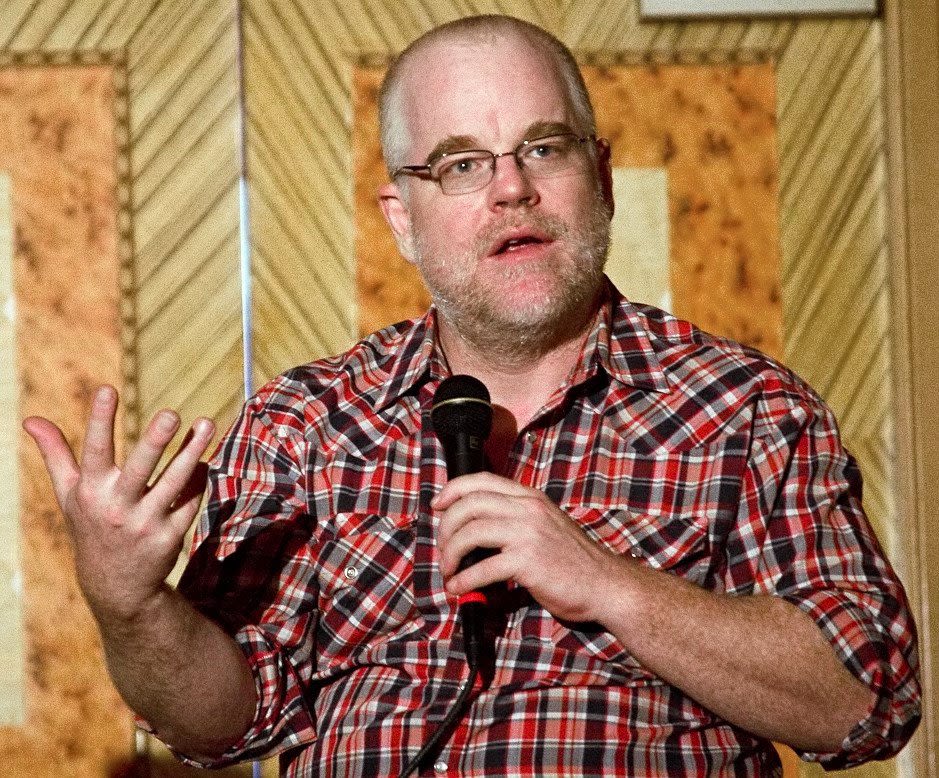
PHILIP SEYMOUR HOFFMAN: A MOST WANTED MAN
Philip Seymour Hoffman died in 2014. A talented actor, director, and producer, his unique abilities seen him star in many varied roles in major movies, such as Charlie Wilson's War, Hunger Games, Pirate Radio, and many more. He was survived by his girlfriend, Mimi, and their three children, who were aged 5, 7, and 10 at the time of their father's death.
The only estate document Hoffman left was a last will and testament that had been drafted by his real estate lawyer/CPA over 10 years previous. As he was insistent that his children were not to become “trust fund kids”, he left his $35 Million fortune to his girlfriend who was to provide for the children. It stipulated that the money was to be used with the express purpose of providing his children with access to the arts.
It is understandable why the actor chose to write a will, not wanting to spoil his children with such a large inheritance. Hoffman surely had enough money to hire the best estate attorneys in the business. However, because his estate plan was not drafted by someone specializing in estate planning, there were some serious flaws in his plan.
Since Hoffman and his girlfriend were not married at the time of his death, the estate tax bill on transferring $35 Million to Mimi was about $12 Million. Had he used trusts and other estate planning strategies, the estate tax could have been minimized, if not eliminated altogether. This also would have reduced a possible tax burden on Mimi’s estate in the future.
The use of a will would also have required probate, which not only would have taken time due to the significant assets and complexities involved, it also would mean the estate would have to pay legal and other professional fees involved in such a lengthy process. This would further reduce the inheritance amount available to the family.
Had he created trusts for Mimi and his children, it would have provided their assets with protection from future spouses and creditors who may seek some of the assets in a divorce, for example. If he was worried about spoiling his children, he would have been able to limit their access to the assets, meaning they would have been less able to have access to large amounts of money before they were old enough to manage it properly.
This is not just a lesson for the super-wealthy, no matter how large or small your estate, a little planning with the right advice can go a long way. None of us want to fall prey to the same mistakes and assumptions Hoffman did (e.g. afraid a trust fund would spoil his kids). Once you make your goals and needs apparent to your estate planning attorneys, they can ensure that the only people that will benefit are the people you care about.
If you would like to learn more, about your estate and trust planning options. Contact The Law Offices of DuPont and Blumenstiel to schedule a consultation today.